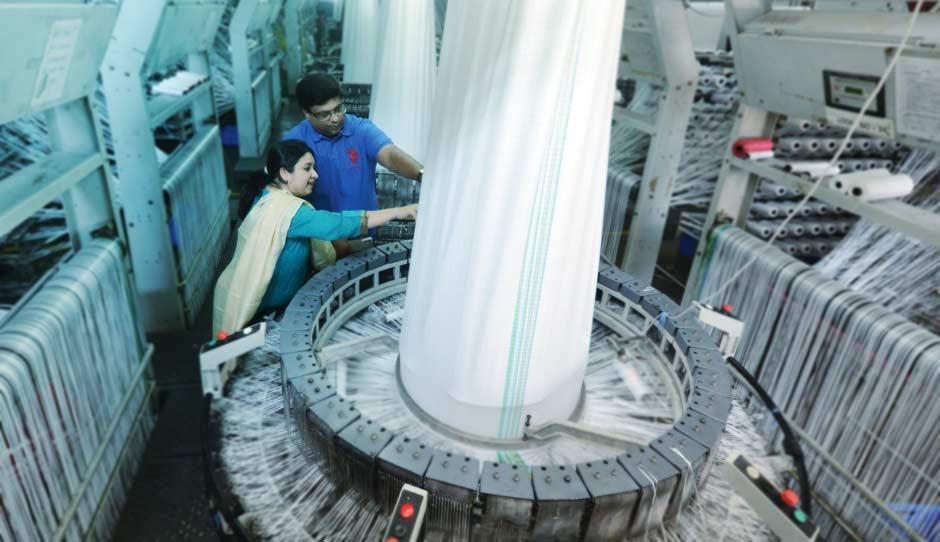EMMBI Industries: The Game of Multiple Moulds
- BY Sonal Khetarpal
 In Operations
In Operations 14192
14192 0
0

Makrand and Rinku Appalwar, co-founders of the Mumbai-based Rs150-crore technical textile manufacturing company EMMBI, would turn down small orders for nearly 15 years—their big clients kept them busy enough. But, a smart manufacturing innovation enabled them to court the small, and scale up to becoming one of the top three exporters of technical textile in India.
In business, the conventional rule of thumb is to get as many customers as possible. But till 2009, after 15 years of EMMBI’s incorporation, we would supply technical textiles only to big clients—Indian majors such as Hindustan Unilever and Tata Chemicals, and international players like Honda Motors and Dow Chemicals Inc. We would have to refuse all orders less than 10 tonnes because smaller orders just weren’t economically feasible.
At our Silvassa manufacturing unit, we had the capacity to produce 12 tonnes of polymer daily per machine run. So, an order less than that quantity would lead to extra stock in our warehouse, and add to our inventory cost. But, we began to realise that since there were so many queries for small orders, clearly there was a market need, and by saying no to it, we were sending business to our competitors. Somebody, somewhere was fulfilling these demands, and had the capacity to produce smaller quantities. We should be able to do so too.
My core team of seven engineers set out to find a solution. Since they work with the machinery every day, they were the best people to brainstorm on alternatives. I believe that people who experience the problems first-hand come up with the most innovative solutions. The first idea was to buy machinery with a smaller production capacity but then we would lose out on economies of scale. The other idea was to change the polymer yarn after every run. We do three machine runs a day for the most efficient utilisation of our machinery. Changing the yarn after every run would bring down that efficiency because every yarn change takes up to two hours. In effect, the machines would be idle every day for six hours.
We finally decided to test/pilot the third idea we came up with—making different dyes for the machines. We experimented with moulds which could produce two qualities together and that worked. We took it further and tried a three-mould approach. It clicked! It allowed us to make three kinds of polymer yarn in one cycle and produced four tonnes of each kind (total 12 tonnes) in a day. This gave us the ability to service smaller orders without compromising on the productivity of the machines. We could also cater to more customers and could rapidly increase our smaller client base.
Doing so had a huge impact on our business. First, it increased our margins because selling in smaller quantities is more profitable than selling in bulk. We decreased our inventory carrying cost by one-third and overall production cost by 12-13 per cent. We brought down stock keeping to four days from the initial seven to 10 days. There was also an increase of six per cent in the net production of the company. From 12,000 tonnes in 2009, we moved up to 20,000 tonnes of polymer yarn by 2010. With the growth in production, increase in profit margin and reduction in inventory costs, in just one year we became one of the top three exporters of technical textile in India.





























Add new comment